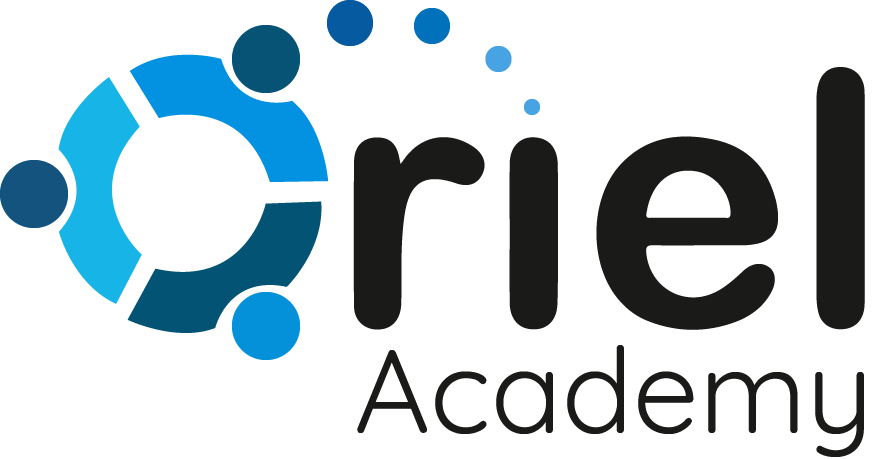We are living in a constant rush, and today’s fast-paced world can either make or break a business through the effective management of a crisis and media training. When the storm hits—whether it is a product recall, a PR gaffe, or an unexpected scandal—your company will probably find itself in the news more than ever. Unfortunately, if your team is not prepared for this surge of attention, it could create chaos.
The Importance of Media Training
Imagine if your CEO comes in front of the camera and he or she is fidgeting over his or her notes, avoiding eye contact.
Guess what happens then? Perception is created against your organization, and if damage deepens, our media training will empower Spokespersons, Top Management, and Functional Department Heads with skills that effectively engage and deal with the media and project the desired viewpoints and messages.
At Oriel Academy, we ensure leaders learn critical interviews with our Media Training techniques that even in times of chaos have their message well-articulated. Our Key Resources assist Spokespersons, Top Management, and Functional Department Heads in managing a “media pack” and honing their presentation skills to enhance the overall message. After all, it is body language and facial expressions that do all the talking regarding the perception of your organization.
Crafting Key Messages
Timing is everything in the management of crises. One never knows when one would need to call and represent one’s organization. During our Media Training, our Key Resources help you develop Key Messages during our media training sessions, but it should be consistent and curated according to each interview. The more comfortable an organization is in the simulated scenarios with cameras and hard shots, the better they deliver prepared messages.
It has nothing to do with speed; it is about purpose and clarity. With a well-prepared key message, your team will not drift off to a tangent. Having prepared key messages can help your team stay on topic and reinforce the idea you want them to take away.
Handling Tough Questions
Let’s face it—even if you feel ready, journalists often throw curveballs. It is during media training that your team is provided with the crisis management checklist with repertoire responses to possible tough questions so that you can proactively deal with such a situation whereby your organization can turn the tables around confidently by using bridging techniques that steer the conversation back towards their key messages.
Our custom media training sessions will prepare your representatives not only with the answers to difficult questions but also their ability to maintain control over the narrative.
Understanding the Media Landscape
Proper communication during a crisis requires understanding the needs of the media. Our Key Resources in Oriel Academy consist of professionals with experience as news bosses and foreign correspondents, giving you firsthand experience in how to pass the knowledge of how journalists think and function, therefore passing the important information your team needs before the interviews.
Knowing how the media would perceive you and your organization would help write the answers that best suit their requirements without jeopardizing your company’s reputation.
Don’t Wait for the Storm to Hit
Crisis management is not just reactive but about proactive preparation. Thinking about media training when the crisis is upon you is like trying to learn how to swim in a flood. Equip your team with the tools they need to handle the pressure with grace.
Contact us today to add media training to your crisis management strategy. When the proper preparation is underway, your organization will survive the crisis strongly with a more resilient way out of it. It is not storm management but rather communications mastery, at the time when one needs it most.





